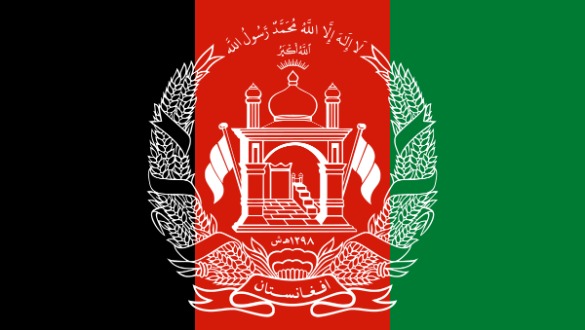Country
Afghanistan
The Girls’ Education Challenge (GEC) had two projects working in Afghanistan, which improved learning opportunities and outcomes for 79,149 of the country’s marginalised girls.
Education in Afghanistan
Before the regime change in 2021, there were many pre-existing structural, cultural and geographic barriers and challenges that limited girls’ access to education. This included social norms which placed low value on girls’ education linked to extremist interpretations of Islam, an inability to afford the costs of education, linguistic barriers, limited employment opportunities which further devalued girls’ education, and a lack of accessibility to schools, particularly in rural and remote communities. With the takeover by the Taliban in 2021, the situation rapidly deteriorated and the authorities officially closed girls’ secondary schools in March 2022. The reality is that many girls have not continued with their education since the COVID-19 pandemic.
Steps Towards Afghan Girls’ Education Success (STAGES) - phase one of implementation completed in June 2021, phase two completed in October 2023
The STAGES project supported 30,002 girls.
The project established primary and lower secondary community-based education (CBE) classes and accelerated learning programme classes in remote communities. CBE classes were complemented by additional activities including teacher training and school management councils (school shuras), renovation of schools and classrooms, as well as the provision of school equipment, facilities, learning resources and remedial support for struggling students. The second phase of the project, targeted out-of-school girls who were unable to access government schools, including girls who lived in remote areas, girls with disabilities and girls who did not speak the language of instruction. The project provided opportunities to access education opportunities through a CBE model.
The Community-Based Education for Marginalised Girls in Afghanistan project supported 49,147 girls.
The project supported the provision of quality education opportunities for marginalised and out-of-school girls who were too old to enter the public education system, and provided access to education through a community-based education (CBE) model. Girls, aged from 10 to 15 years old participated in an Accelerated Learning Programme (ALP), which saw them complete two academic years within one calendar year. The CBE model is specifically focused on supporting vulnerable and marginalised learners who may lack the resources, access and support from their community and caregivers to enter quality education and transition across grade levels. The project worked on increasing attendance, improving the quality of teaching and learning, improving perceptions and attitudes towards girls’ education and young women’s role in society, and strengthening local systems.
